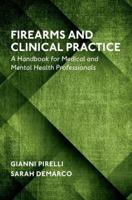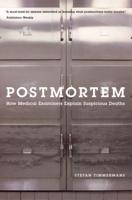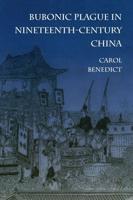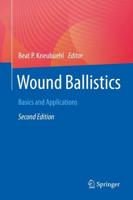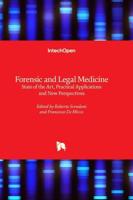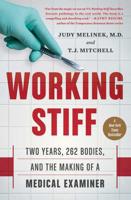Publisher's Synopsis
This is the story of how Phila. got safe drinking water -- or safe so far as the medical standards of the time were concerned, the major culprit in the 19th cent. being typhoid. Typhoid frightened the urbanizing world of the late 19th cent. A virulent micro-organism that attacks the intestinal tract, in most cases it spreads when the excreta of an ill person get into the water supply. Phila. was suffering from a typhoid epidemic when a terrible snowstorm hit in Feb. 1899. The disease struck every ward in the city -- wealthy & poor alike suffered since infected river water made its way through the entire system. Phila. public health officials, the major & common council recognized that the city's pumping stations required new filtration systems, but the select council killed the bill. Thanks to episodes like this in other civic affairs, Phila. suffered from a poor reputation for being, in Lincoln Steffens' words, "corrupt & contented." This negative view of the city's performance around the turn of the century is still prevalent. This study takes another look at the people who were trying to solve the public health crisis. It also explores the problem of typhoid from the viewpoint of professionals in the emerging field of public health, beginning with the early years of the Phila. water works. Illus.




